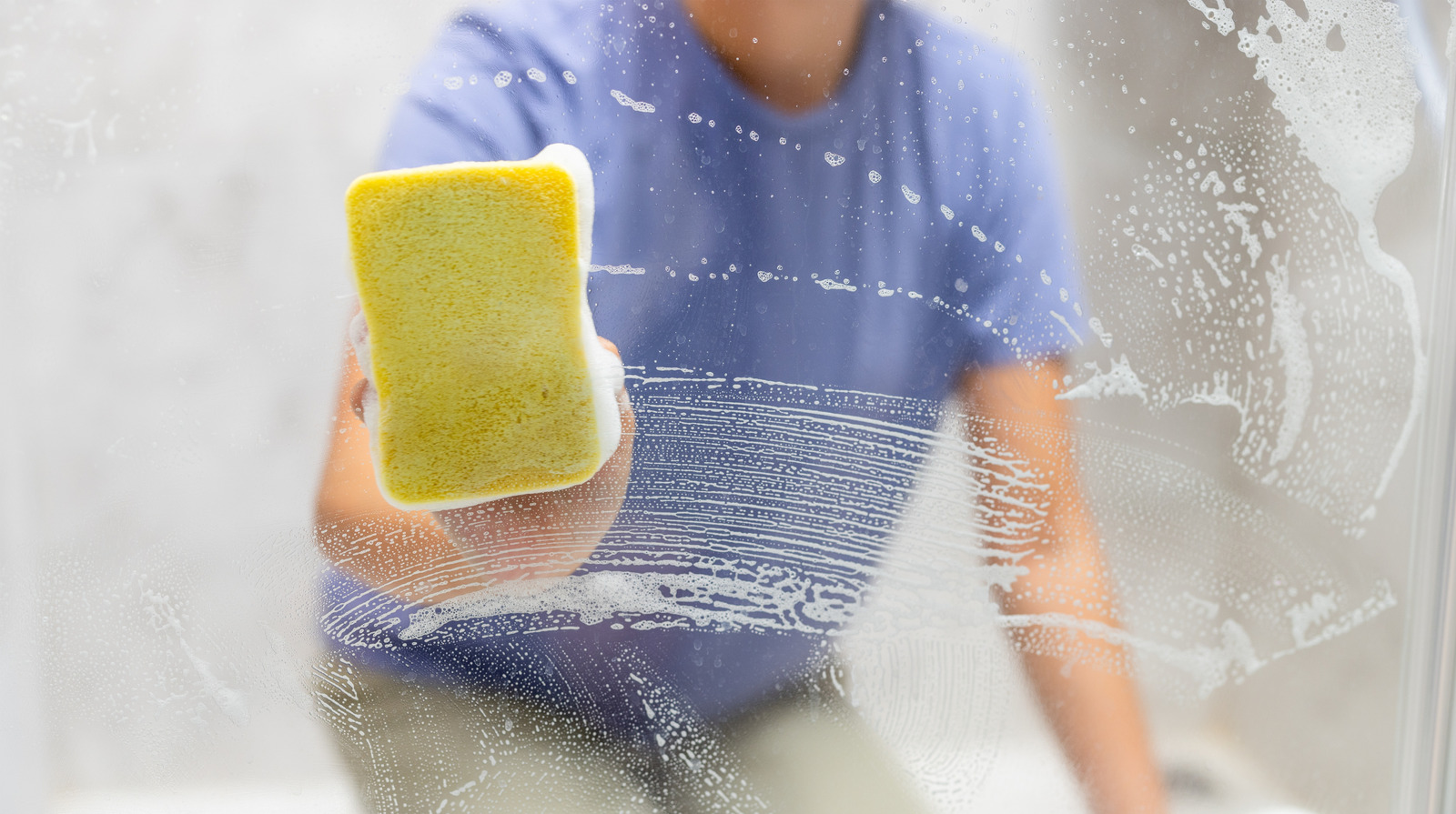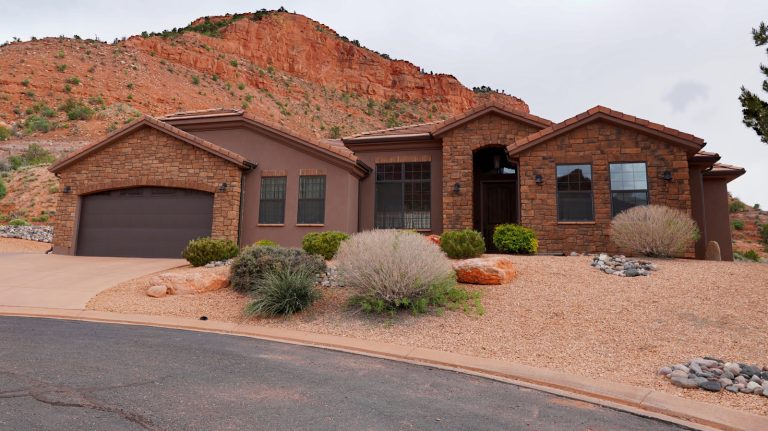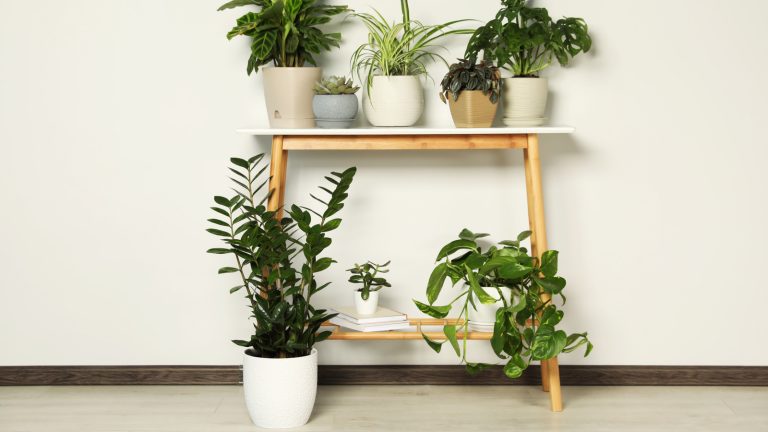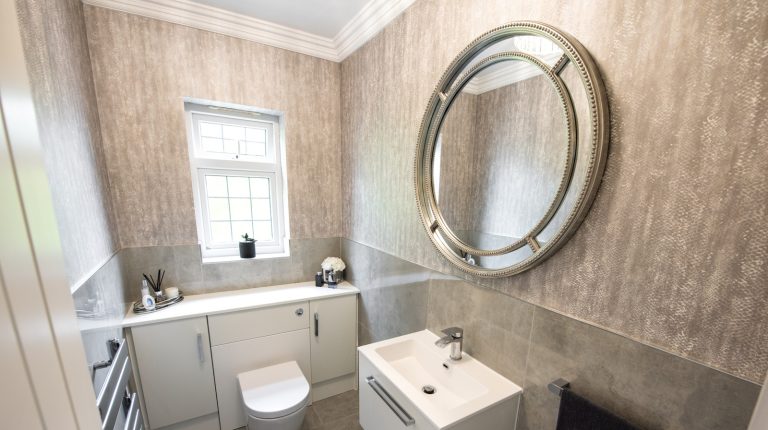
Hard water stains can appear in various places like showerheads, tubs, sinks, and toilets. They are caused by mineral deposits left behind when hard water evaporates. These stains can be stubborn to clean but can be removed using acids that react with the minerals to make them soluble. It’s important to use cleaners that won’t damage the surface you’re cleaning.
For most surfaces, products like CLR or household items like white vinegar, baking soda, and hydrogen peroxide can be effective in removing hard water stains. The method of soak and scrub is commonly recommended for best results.
How to remove hard water stains from tubs, showers, sinks, and toilets
To remove limescale from tubs, showers, and toilets, white vinegar and a scrubbing tool are usually sufficient. Soaking the affected area before scrubbing is a common practice to make cleaning easier.
Soap scum is another form of hard water stain that can be cleaned using similar methods. A pumice stone toilet bowl cleaner can be a chemical-free option for removing these stains.
How to remove hard water stains from faucets and showerheads
Faucets and showerheads can accumulate limescale deposits that can lead to clogs. Using vinegar and a brush to soak and scrub these fixtures can effectively remove the stains. Commercial limescale removers can also be used for this purpose.
How to remove hard water stains from glass
Cleaning glass stained by hard water can be done with distilled vinegar and a microfiber cloth. Combining vinegar with baking soda can create a paste that helps in scrubbing off persistent stains.
How to remove hard water stains from dishes and dishwashers
Hard water stains in dishwashers and on dishes can be prevented by using a cup of vinegar in the dishwasher or making a paste of borax and vinegar for manual cleaning. Soaking dishes in vinegar or using borax in the dishwasher can help remove limescale buildup.
How to remove hard water stains from stainless steel
Stainless steel can be sensitive to harsh chemicals, so using a mixture of vinegar and water along with a soft cloth is recommended for cleaning limescale stains. Wiping in the direction of the steel’s grain helps avoid streaks and scratches.
Tips to prevent hard water stains from building up
To prevent hard water stains, it’s important to dry surfaces before water evaporates. Using tools like squeegees or waffle weave cloths can help in drying surfaces effectively. Whole-house water softeners or manual drying can also prevent mineral buildup caused by hard water.






